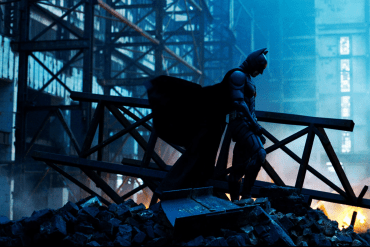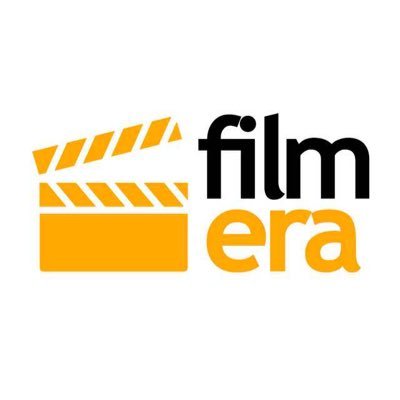Christopher Nolan’s revolutionary, genre-defining film The Dark Knight was released to theaters on July 18th, 2008. A lot has changed in the ten years since then. Today, we wanted to give our lasting thoughts on the film, its release, and the impact of its legacy.
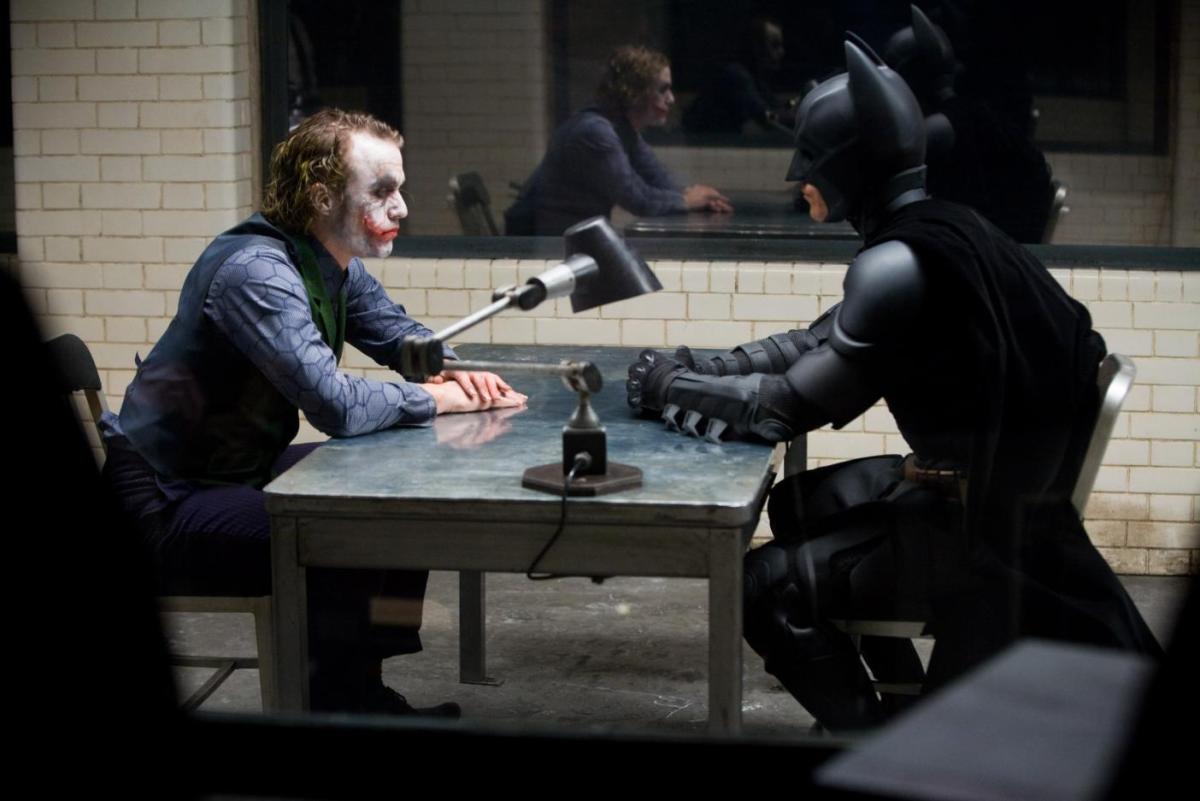
2008 changed everything. Between Iron Man and The Dark Knight, we were cast into a new future for hero films. Top-tier directors and actors were now welcome to show genuine craft, abandoning the levity of the filmmaking that preceded them for something with real depth and weight. The new Batman came with a villain unlike anything we’d seen before in Heath Ledger’s Joker and a Batman who was equally compromised. What would seem grim and dark in less talented hands instead came across as brooding and cool from an expert like Christopher Nolan. It offered hope - summer blockbusters aimed for wide audiences no longer had to be perpetually stupid. Audiences were smarter than most of the movies they watched. Nolan understood this and crafted something of a statement of intent: he’d create large spectacle features for large audiences that doubled as intelligent films. The Dark Knight holds a special place in history as the first film with parts shot by IMAX cameras, something you genuinely needed a theater to experience. That sense of grandness and implied importance was a kind of validation, like Hollywood was finally saying, “What is important to you is now important to us. Your generation has arrived!” Like a Bat Signal lighting the way for a generation of filmmakers to come, The Dark Knight projected our hopes and dreams on the largest scale possible and paved the way for our modern sense of form.
Ten years ago Christopher Nolan released a film to audiences that would not only capture their imagination for years to come, but also throttle them with questions about what can really be achieved by a superhero in a world of crime and violence. When The Dark Knight was unleashed upon the world, the superhero genre looked very different. Sure, Nolan’s Batman Begins had come out just a few years earlier and reinvigorated the people’s desire for the caped crusader on the big screen, but it didn’t release to the acclaim and utter mania that its successor would. When The Dark Knight was released, I was 16 years old. My favorite superhero films up to that point were probably X2: X-Men United, Spider-Man 2, and Nolan’s own Batman Begins. This movie was like nothing I had ever seen before; nobody had. I remember seeing it on the Friday night of its release, in a packed theater of course, and being in awe the entire time. I also remember going to the GameStop across the street directly afterwards, and everyone in the store was talking about it. The guy working at the counter said that he had seen it three times already. It had just released at midnight the night before! Years later, I hear many stories from people saying that the 2008 film remains the most they have ever seen any in theaters. It had that effect on people. It had to be seen to believed, and seen again, and again.
The aura surrounding Heath Ledger’s performance in the film grew into something of a legend. Even before the release of the movie, people were raging about it. His unfortunate death certainly played into that a lot, but the praise was more than warranted. Heath Ledger’s on-screen portrayal of The Joker lives on as one of the greatest villainous turns by an actor in cinematic history. Today, we are left with a lasting vision present by Christopher Nolan, who has done a lot to capture our hearts since then. His film today is just as potent and as raw as it was 10 years ago. You can feel the darkness and despair within Gotham City, shot partially here in Chicago to where I have visited some of the iconic backdrops. Everything about the movie seems to leave a significant impression on its viewer, highlighting how The Dark Knight catapulted its way into our culture in ways that few films have ever been able to do and frankly, I’m not sure any film has done since.
I was 14 when The Dark Knight released and by the end of its theatrical run I had seen the film over seven times. I was at the peak of my hunger for superheroes. Batman Begins had comic lovers eager to abandon the realm of Clooney, and eventually The Dark Knight Rises would dominate the Internet, but The Dark Knight was a movie for the ages that just happened to have comic book characters. What I loved about it was the thrill and tension, from the direction to numerous iconic performances and the best score of Has Zimmers’s career. Every time I saw the film in the theater, it was a packed house with people hanging off the poles and sitting in the aisles, and not a single person moved or spoke until the film finished. That’s a different kind of magic.
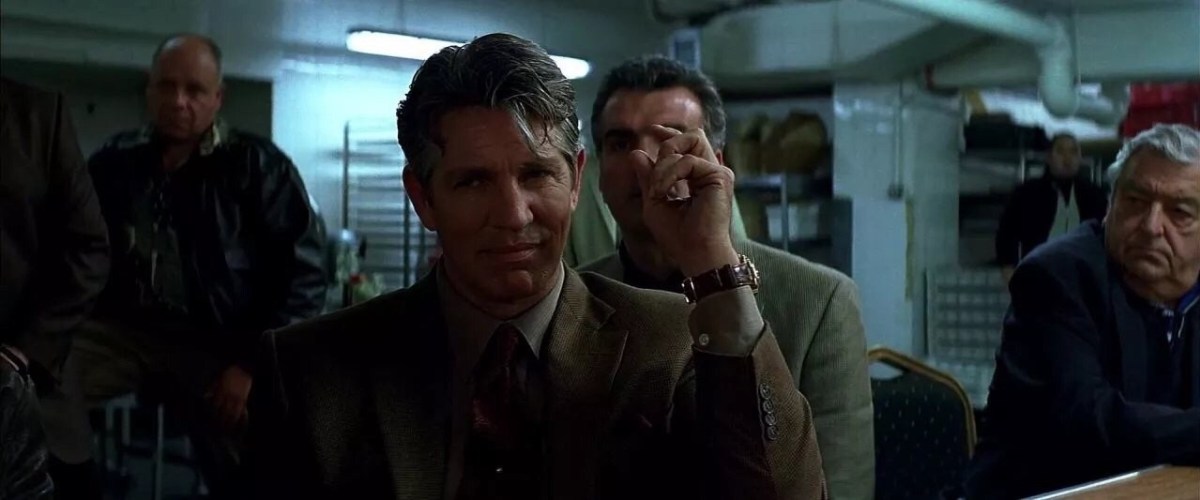
I’m sure when most people think back on The Dark Knight, the first thing that comes to mind is Heath Ledger’s performance as the Joker. And how can it not be? 10 years later, it’s still the most electrifying performance in the genre that now dominates pop culture’s global mindshare. Next would probably be the booming score, the Michael Mann-inspired visuals, Two Face’s grotesquely burnt visage, and the ending, where Batman rides off into the night to perhaps the most hype-inducing title drop ever. All worthy moments from what is most definitely a classic film, whether haters like to admit it or not (I actually like Begins more, but that’s a story for another day). Personally though, I always come back to the myriad of organized crime members featured throughout. Eric Roberts, as Salvatore Maroni, is a delight, hamming it up with his scrunched face and wise guy accent: “Don’t stop for cops, lights, nothin’.” The always dependable William Fichtner in a small but memorable role as the shotgun-wielding bank teller in the beginning: “You and your friends are dead!” Even the witness in the court room scene gets some shine: “Maroni’s just a fall guy. I’m the brains of the organization!” These might seem like generic quotes, but that’s part of their appeal. They’re comic booky in a way I can’t fully describe, their voices and mannerisms stripped right out of the page: perfect goons.
Will Borger:
The Dark Knight wasn’t the first superhero film to take its characters to dark places, feature A-list actors, memorable villains, an iconic score, or have the gall to take itself seriously. It isn’t Chris Nolan’s best film - that’s The Prestige - or the most influential superhero film of 2008 - that’s Iron Man. What makes the Dark Knight special is that it understands and reveres the comics that inspired it without feeling like a superhero film. Batman Begins did the former, adapting various pieces of “The Man Who Falls,” The Long Halloween, Dark Victory, and Year One, but The Dark Knight’s genesis is a combination of the first two Joker stories, The Testament of Dr. Mabuse, Heat, and The Killing Joke.
You can see these influences in the film. Just as Heat is the story of Los Angeles, The Dark Knight is the story of Gotham. But like The Killing Joke, it’s a story of people, too. See, the Joker’s goal isn’t something so banal as world domination or mass extinction. He just wants to prove that under that mask and behind that smile, Batman and Harvey Dent are just like him: profoundly damaged people defined by the worst day of their lives. For Bruce Wayne, it was death of his parents. For Harvey, it’s the murder of the woman he loves.
But Nolan gets something that most don’t: Batman stories are at their best when Batman loses. Not even The Killing Joke goes this far; in that story, the good guys win. Jim Gordon doesn’t go mad. Batman beats the Joker. The joke at the end is that Batman and the Joker are destined to do this forever. The one in The Dark Knight is that the Joker wins. Harvey Dent becomes Two Face and his death is a fatal blow to the idea of a Gotham that doesn’t need Batman. So who takes the blame? Batman, because he’s the only one who can.
Even the final showdown defies superhero norms. Batman doesn’t really fight the Joker; he fights a bunch of dogs. Once the dogs are down, he’s essentially won. But unlike most superhero movies, that last fight was never the point. The real fight is for the soul of one man and that’s the one the Joker wins.
This stuff is what makes the film unique and why it endures. The fact that it’s more crime drama than superhero movie is just a bonus. It was perfect for an 18-year-old kid fresh out of high school who loved comics. To this day, I haven’t seen another movie in theaters as many times as The Dark Knight. It’s still the peak of its genre and an example of what more films in that genre should try to be. One bad day, indeed.
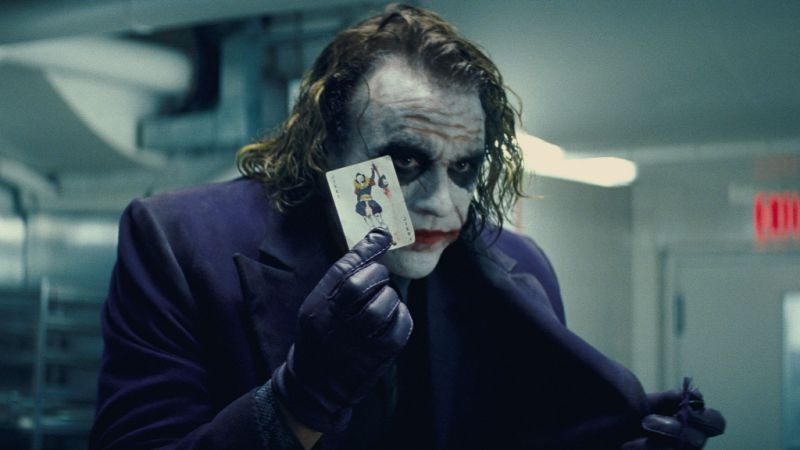
I’ll never forget my first viewing of Batman Begins. The final scene was playing, the one where Batman and Gordon spoke of escalation. At this point I was completely satisfied that Batman, the brand, had successfully been rescued from the pits of Batman and Robin. I had now seen one of my all-time favorite characters accurately represented on the big screen. I didn’t need anything else from the movie; I was going home happy. Then it happened. Gordon flips over the Joker card and Batman replies, “I’ll look into it.” From that point, I knew it was on. I have never anticipated a film quite like I did The Dark Knight, and I still haven’t since. When I awoke in the mornings, it was one of the first things to pop in my head and throughout the day I would frequently speculate on what Christopher Nolan was going to do. Of course, the viral marketing approach did not help in taking my mind off of it. It seemed to be almost as much of an event as the film itself.
The lead up to release day was a rollercoaster of emotions, from the casting announcements, the “I Believe in Harvey Dent” slogan, the first trailer, and tragically, the death of Heath Ledger. Still, despite the unfortunate passing of the young star, I still knew that audiences were in for something special. Then finally the day came and I, along with some friends, went to a sold-out midnight showing. I can still remember how the Nolan’s method of generated tension completely enveloped me, leaving me on the edge of my seat. To this day, I still believe it’s the best example of how his style of pacing and editing works together to create suspense. My jaw dropped during the interrogation scene. I was completely frightened and glued to the events transpiring on-screen. It was a dream come true for this Batman fan. Once the final moments played and the film cut to black, the roar of the audience was deafening. Ten years on, I have just finished yet another viewing; and although the audience isn’t in the room with me, I can still hear that roar.

